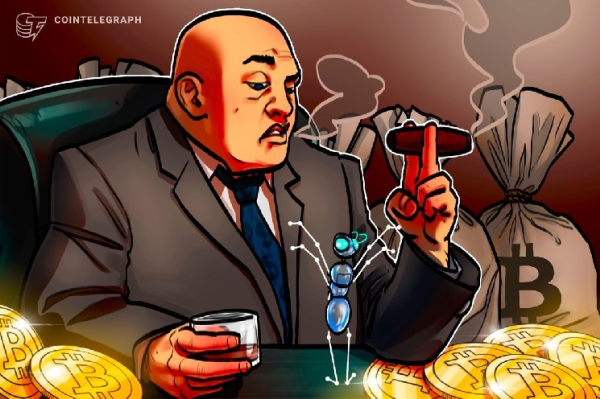The freezing of 86 million bank accounts in Vietnam has become a new argument in favor of Bitcoin.

Vietnam has blocked 86 million bank accounts for refusing biometric verification, giving the crypto community a fresh reason to highlight the benefits of Bitcoin. According to local media, including Vietnam+, more than 86 million accounts were closed on September 1 for non-compliance with biometric facial authentication requirements.
New requirements baffle foreigners
The remaining 113 million bank accounts were verified under new biometric laws designed to prevent fraud and money laundering. Reddit user Yukzor, a former foreign contractor in Vietnam, reported that due to the new law, he was forced to fly back to the country to prevent the closure of his HSBC account—there is no remote solution.
“Doesn't this sound crazy in 2025—you can't transfer your money and have to fly to the country in person to resolve the issue? On top of that, they said they'll close my account this month if I don't fly in and update my biometrics,” he wrote.
Bitcoin as a response to state control
Bitcoin proponents have long supported the idea that people should have access to their own funds without interference from governments or external entities. “If users don't meet the requirements by September 30th, they will lose their money. That's why we need Bitcoin,” said Bitcoin analyst Marty Bent.
Punitive currency controls of this kind have occurred in Lebanon, Turkey, Venezuela, Cyprus, Nigeria, India and many other countries, and it would be “naive to think that Vietnam will be the last,” Bent wrote.
The tough measure, which crypto enthusiast Daniel Batten says will give Vietnam's central bank “cutting-edge financial oversight technology,” shows why permissionless monetary protocols like Bitcoin are essential to protect against state overreach.
Combating fraud through biometrics
Vietnam introduced these measures following the rise in the use of generative AI and sophisticated forgery techniques to circumvent security measures such as user authentication in recent years. In May, local police busted an AI-powered money laundering ring that used fake facial scans to launder approximately 1 trillion Vietnamese dong ($39 million).
To comply with the requirements, bank customers must undergo initial biometric facial authentication and then repeat it for online transfers over 10 million Vietnamese dong ($379), the State Bank of Vietnam announced in late June. Combined transactions exceeding 20 million Vietnamese dong ($758) will also require biometric authentication.
“Once you use Bitcoin as your bank and do it correctly, you don't have to worry about your government or central bank suddenly deciding to introduce biometric verification requirements,” Bent emphasized.
Similar problems in Thailand
Vietnam's case is not isolated in the region. Thai banks recently froze three million accounts in a fraud crackdown, freezing innocent users' funds and igniting debate about Bitcoin as an alternative to the traditional banking system.
A large-scale operation in Thailand began in August, but authorities later expanded their enforcement measures. On September 14, the Cybercrime Investigation Bureau announced that the bank accounts of legitimate online sellers and merchants would also be frozen. “Thanks to the Bank of Thailand for giving Bitcoin free publicity,” cryptocurrency investor Daniel Batten commented on the news.
Events in Vietnam and Thailand demonstrate a growing trend toward greater financial control by states. This serves as a reminder of the importance of decentralized financial instruments for preserving citizens' financial freedom.
Source: cryptonews.net



